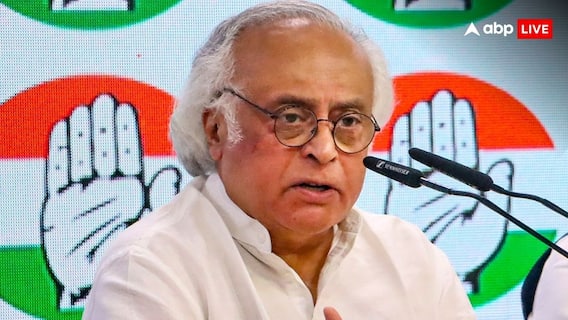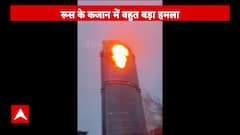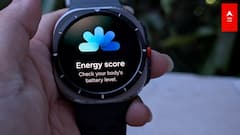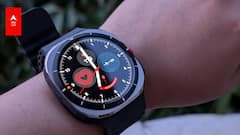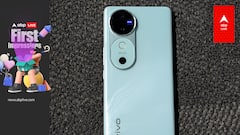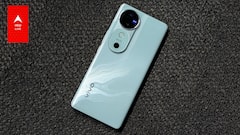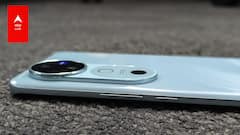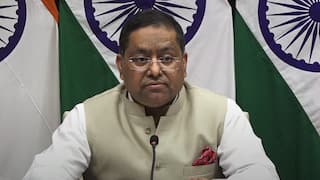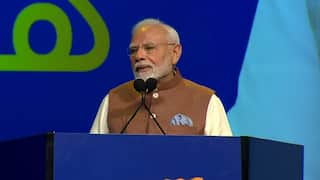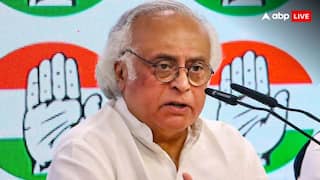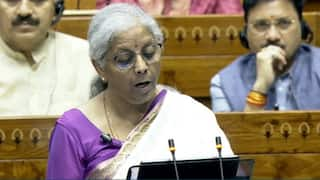Domestic Handset Maker Lava Ordered To Pay Ericsson Rs 244 Crore For Patent Infringement: Report
As per the court's ruling, Lava is obligated to compensate Ericsson with damages totaling Rs 244 crores, along with a five per cent annual interest until the complete realisation of the sum.

In a ruling, the Delhi High Court has issued a judgment against domestic smartphone manufacturer Lava, ordering the handset company to compensate Swedish multinational giant Ericsson with a staggering amount exceeding Rs 244 crore, the media has reported. This significant penalty stems from Lava's infringement upon Ericsson's 2G and 3G patents, says a report by Economic Times (ET).
The court concluded that seven out of the eight Standard Essential Patents, asserted by Ericsson, were valid. This ruling underscores the importance of respecting intellectual property rights and highlights the repercussions of patent infringement within the tech industry.
What Is The Delhi HC Ruling Against Lava
In a detailed ruling issued on March 28, Justice Amit Bansal affirmed the legitimacy of seven out of eight Standard Essential Patents (SEPs) asserted by Ericsson. These patents include critical technologies including Adaptive Multi-Rate (AMR) speech codec, Enhanced Data Rates for GSM Evolution (EDGE), and various features within 3G technology.
As per the court's ruling, Lava is obligated to compensate Ericsson with damages totaling Rs 244 crores, along with a five per cent annual interest until the complete realisation of the sum. Furthermore, Lava is instructed to cover the additional court fees and release the deposited amount in Ericsson's favour as per the court's directive, said a CNBC report.
Additionally, the Delhi HC granted Ericsson's request for taxed costs and partially revoked Lava's patented suit. Dismissing Lava's objections regarding the validity and indispensability of Ericsson's patents, the court labeled the domestic handset maker as an "Unwilling Licensee" due to its failure to engage in earnest negotiations for licensing agreements.
Justice Bansal underscored the significance of fair, reasonable, and non-discriminatory (FRAND) licensing terms, affirming Ericsson's entitlement to damages reflecting lost royalty fees. Rejecting ava's proposal to compute royalties grounded on chipset value, the court maintained that royalties at the end-product level align better with industry norms within the telecommunications sector.
The ruling highlighted the imperative of licensing complete portfolios of Standard Essential Patents (SEPs) to guarantee interoperability and technological advancement. It acknowledged the comparable licensing approach as the favored mechanism for establishing fair, reasonable, and non-discriminatory (FRAND) royalty rates.
This story is being updated. Please stay tuned too ABP Live.
Trending News
Top Headlines









